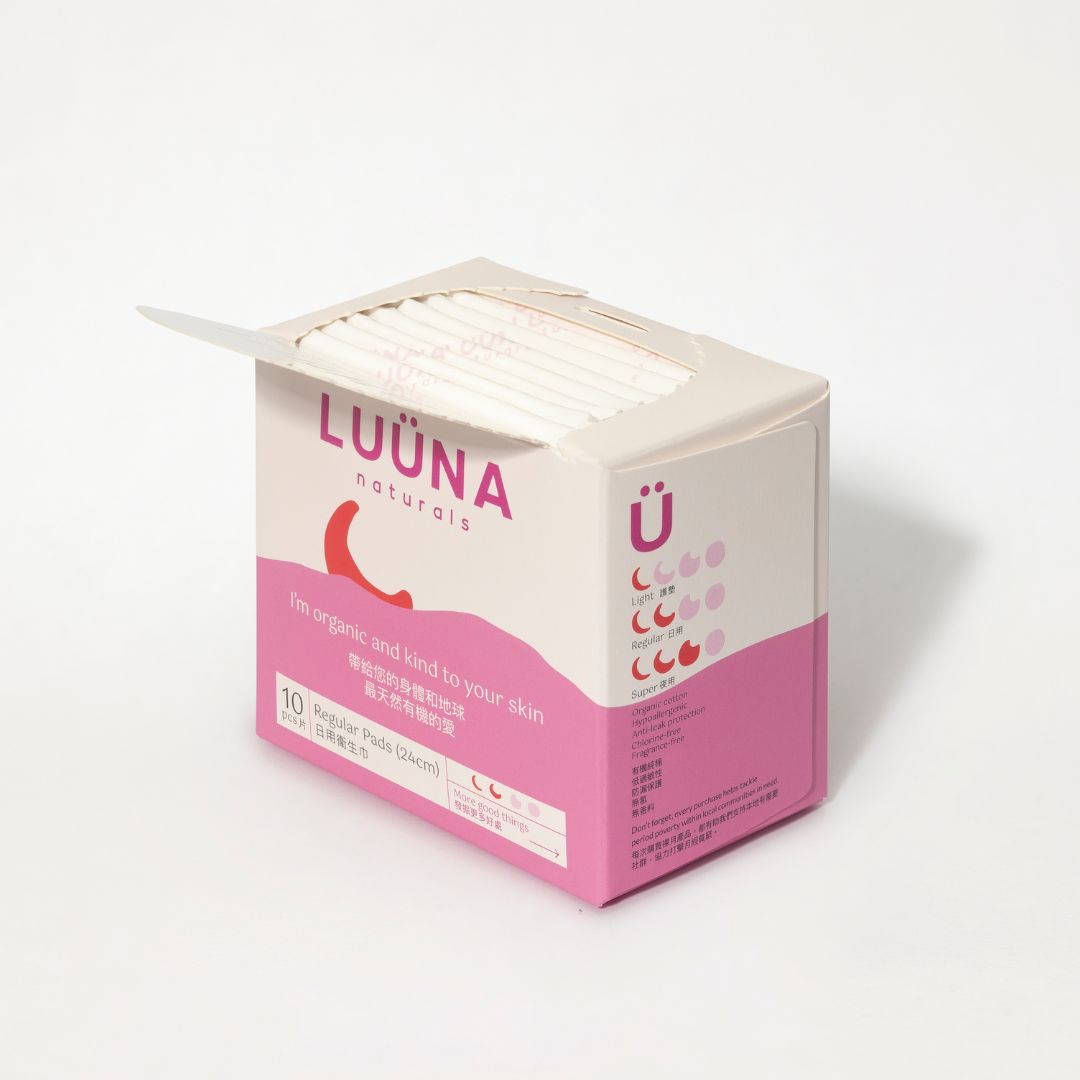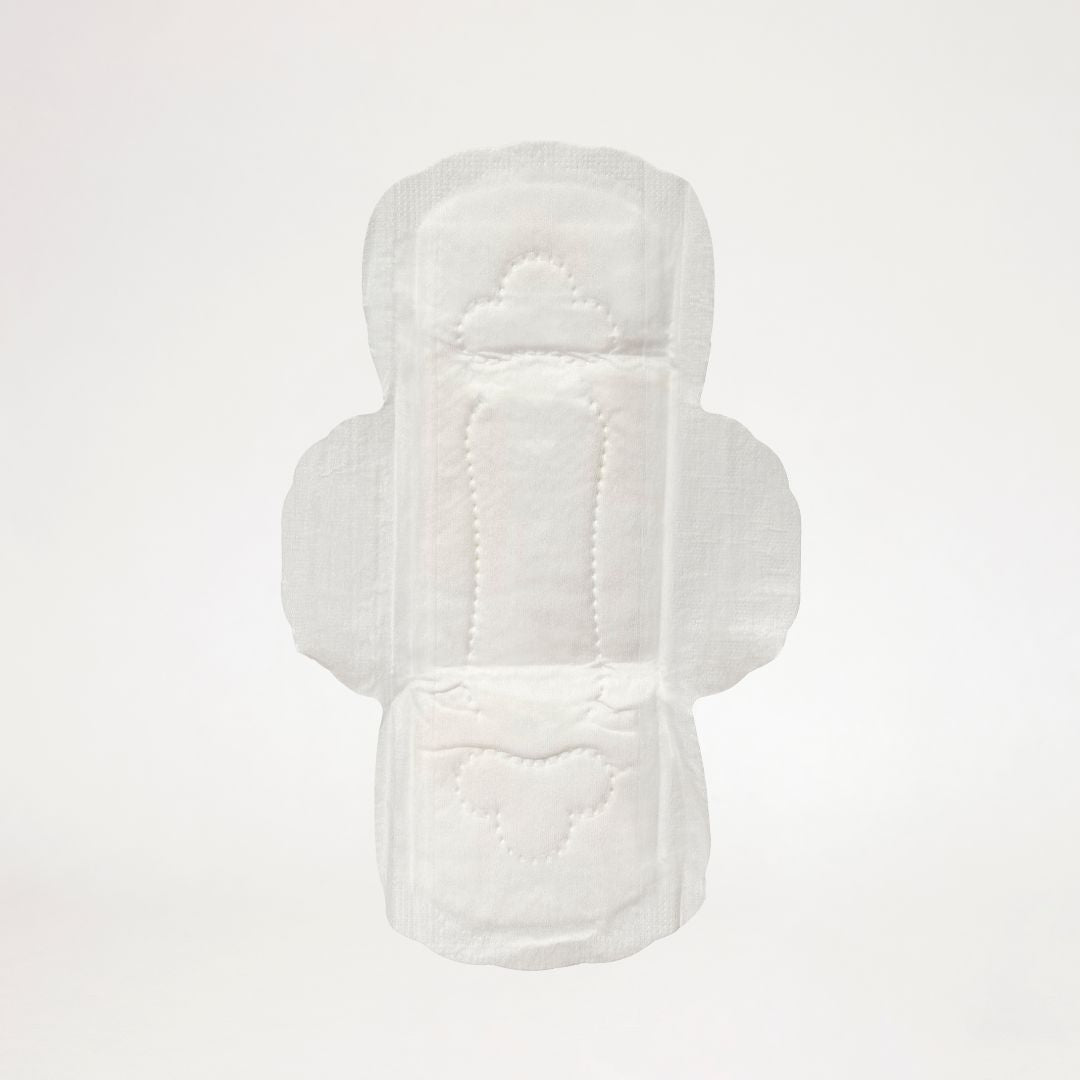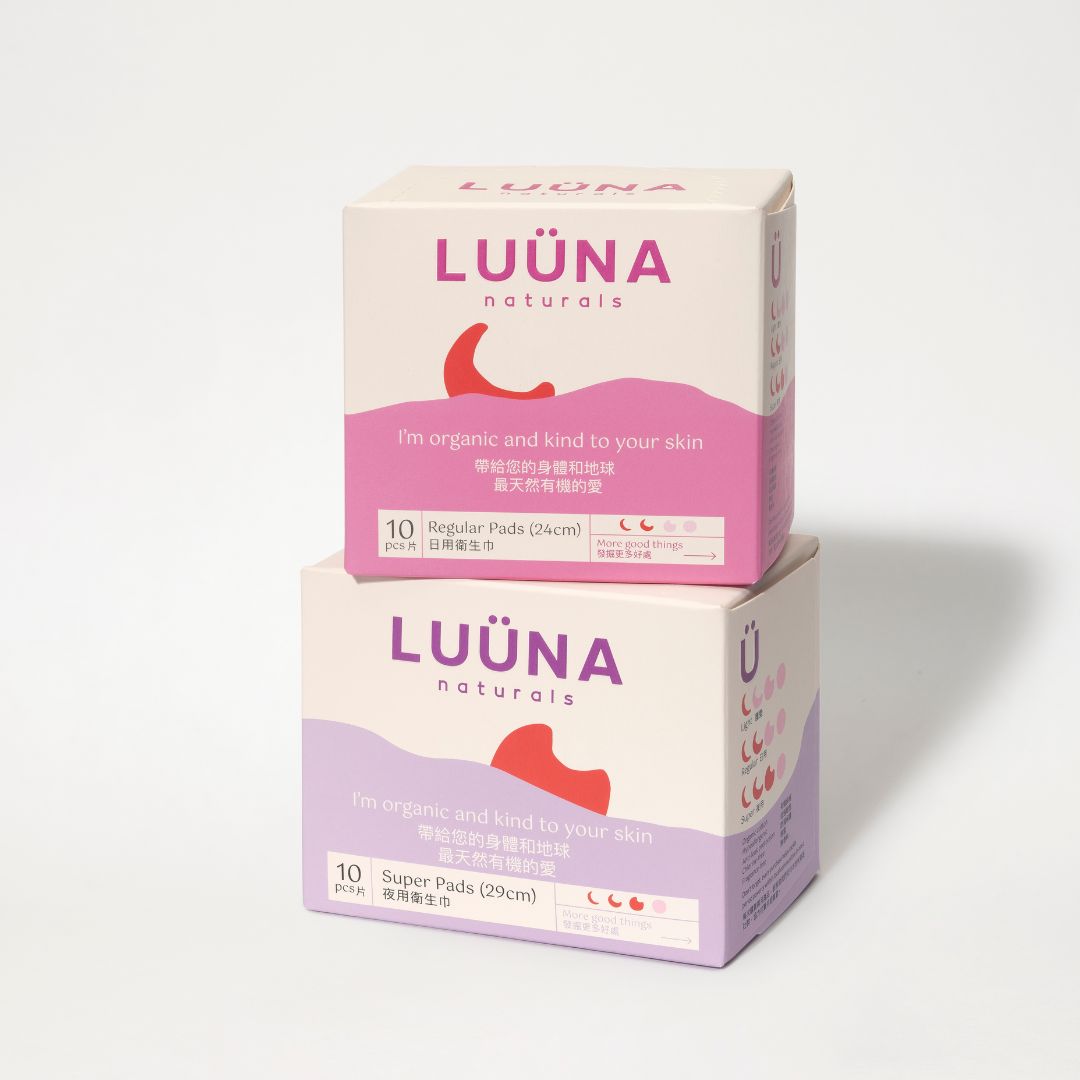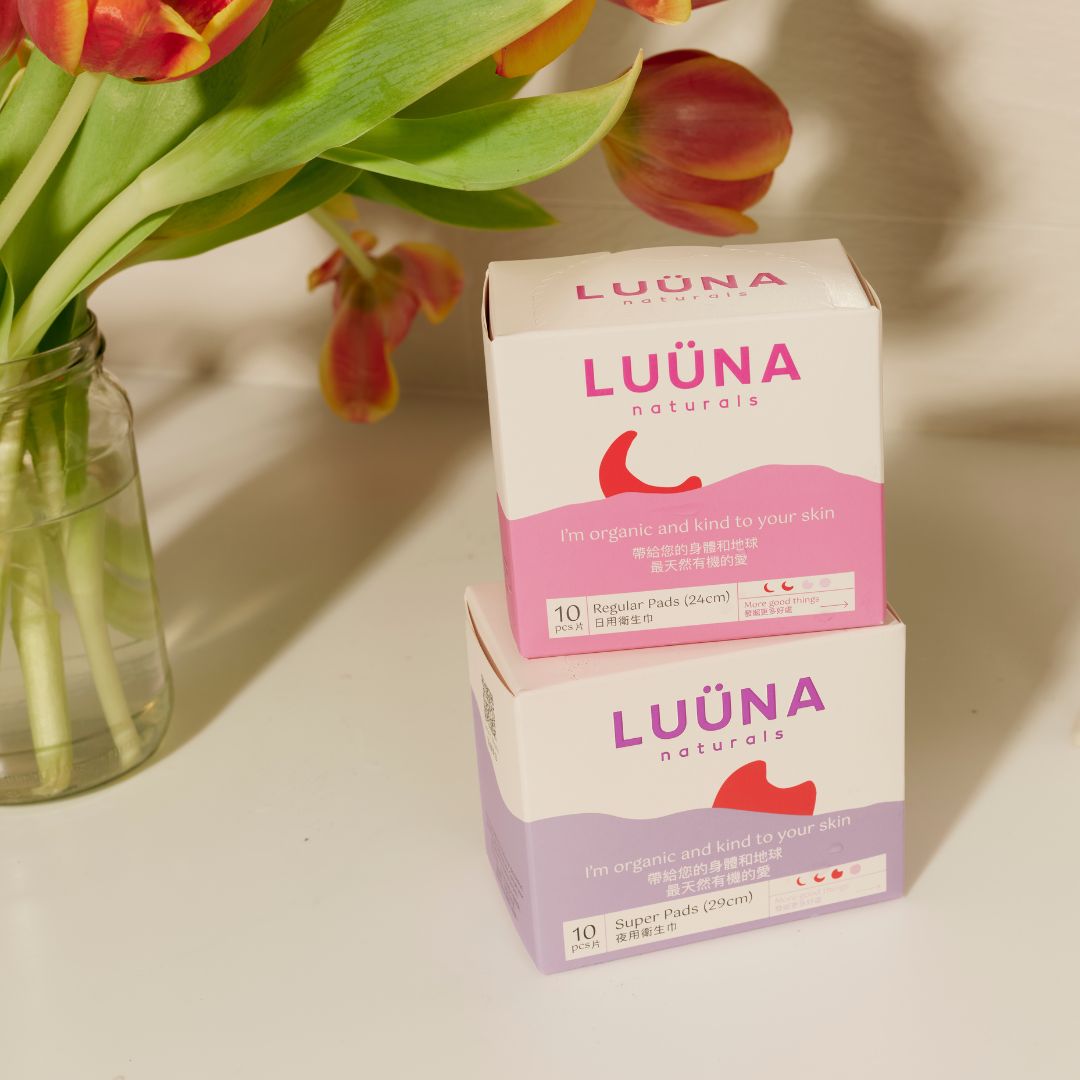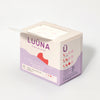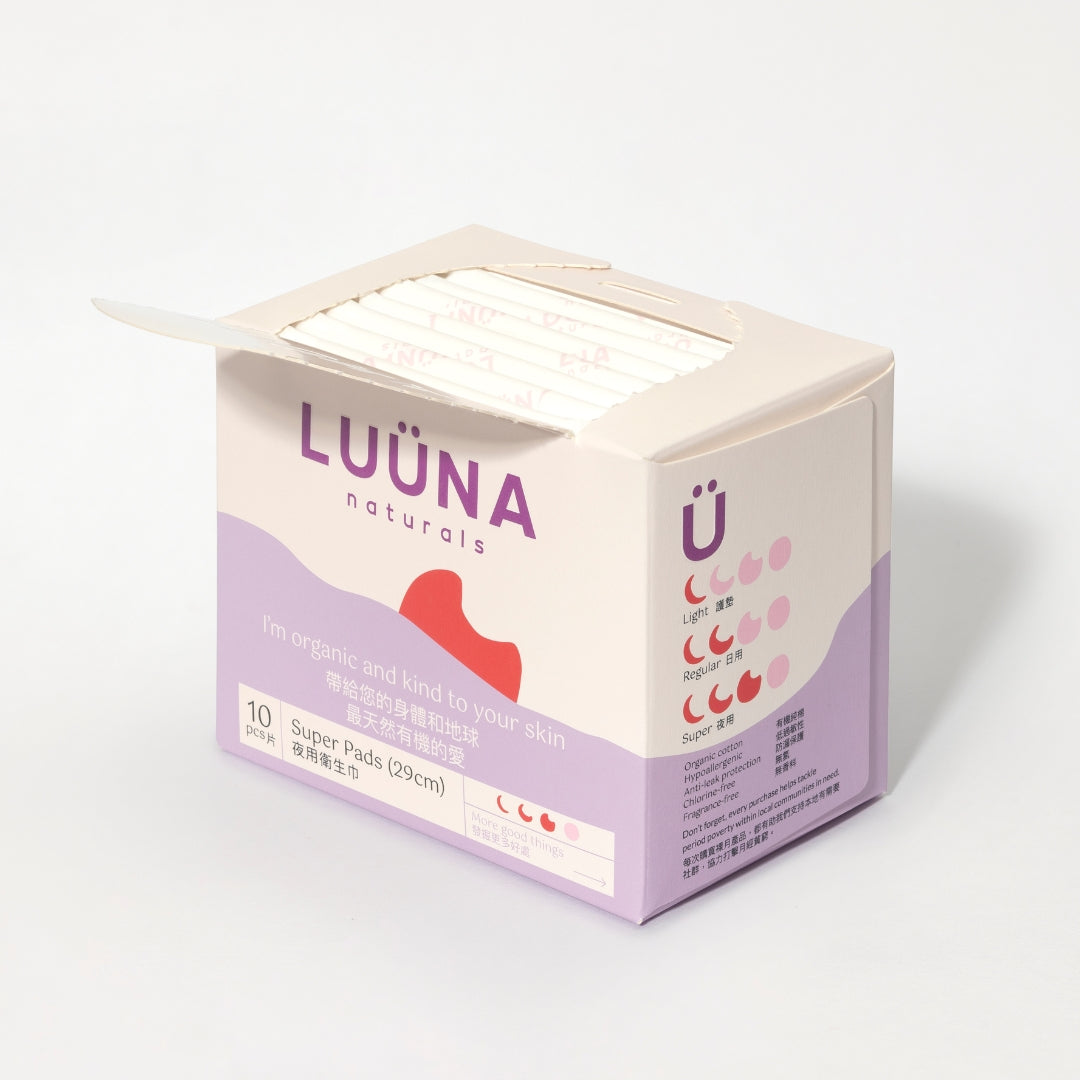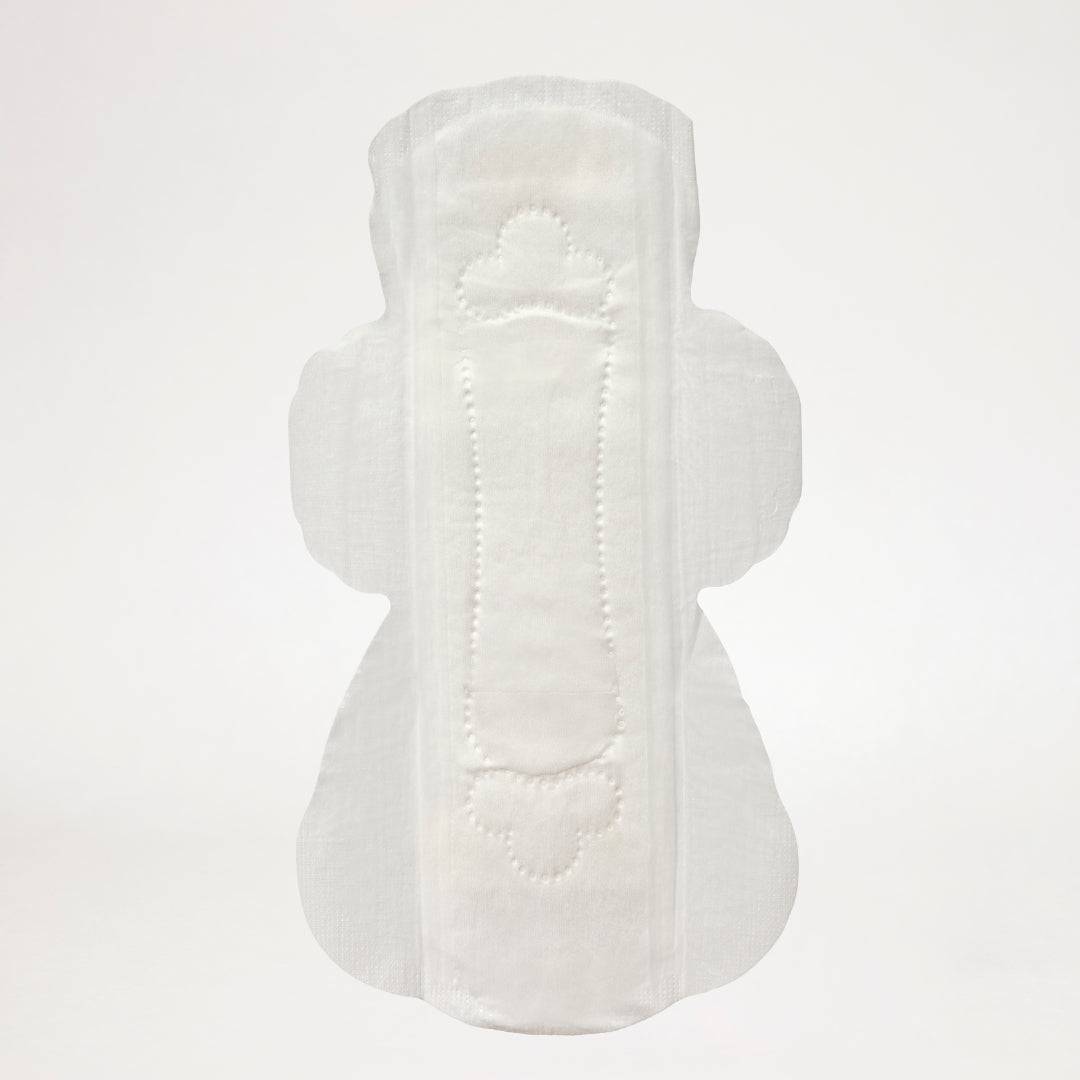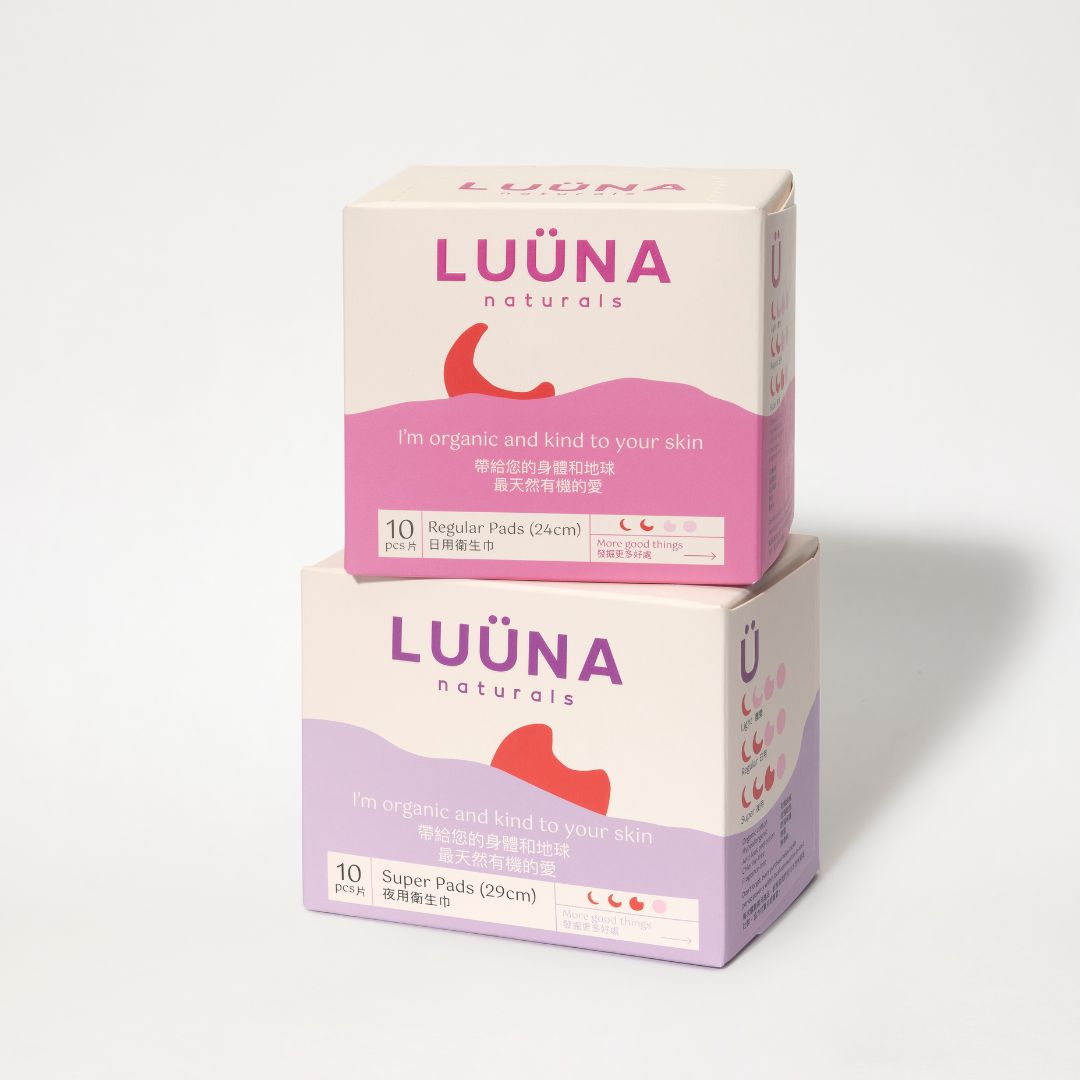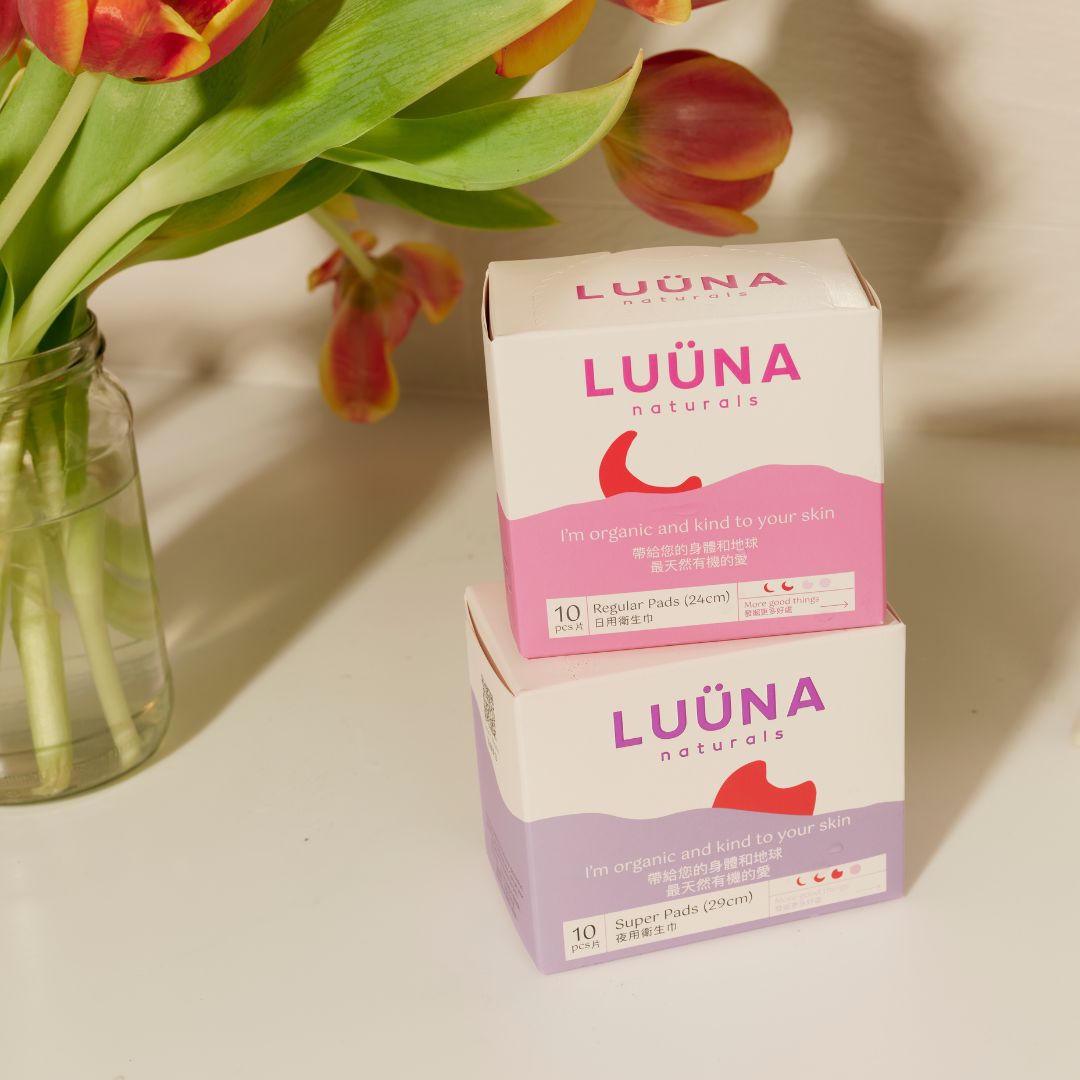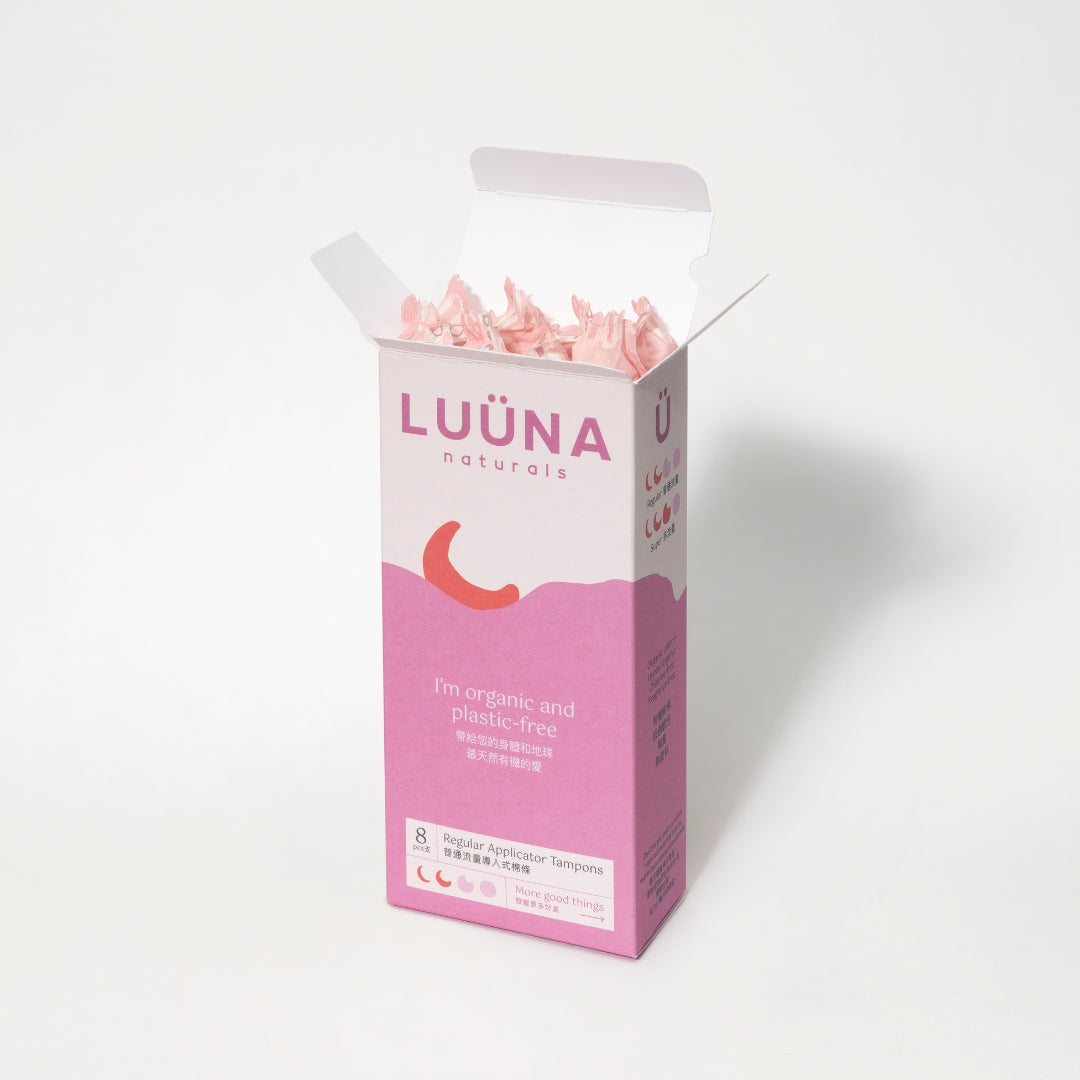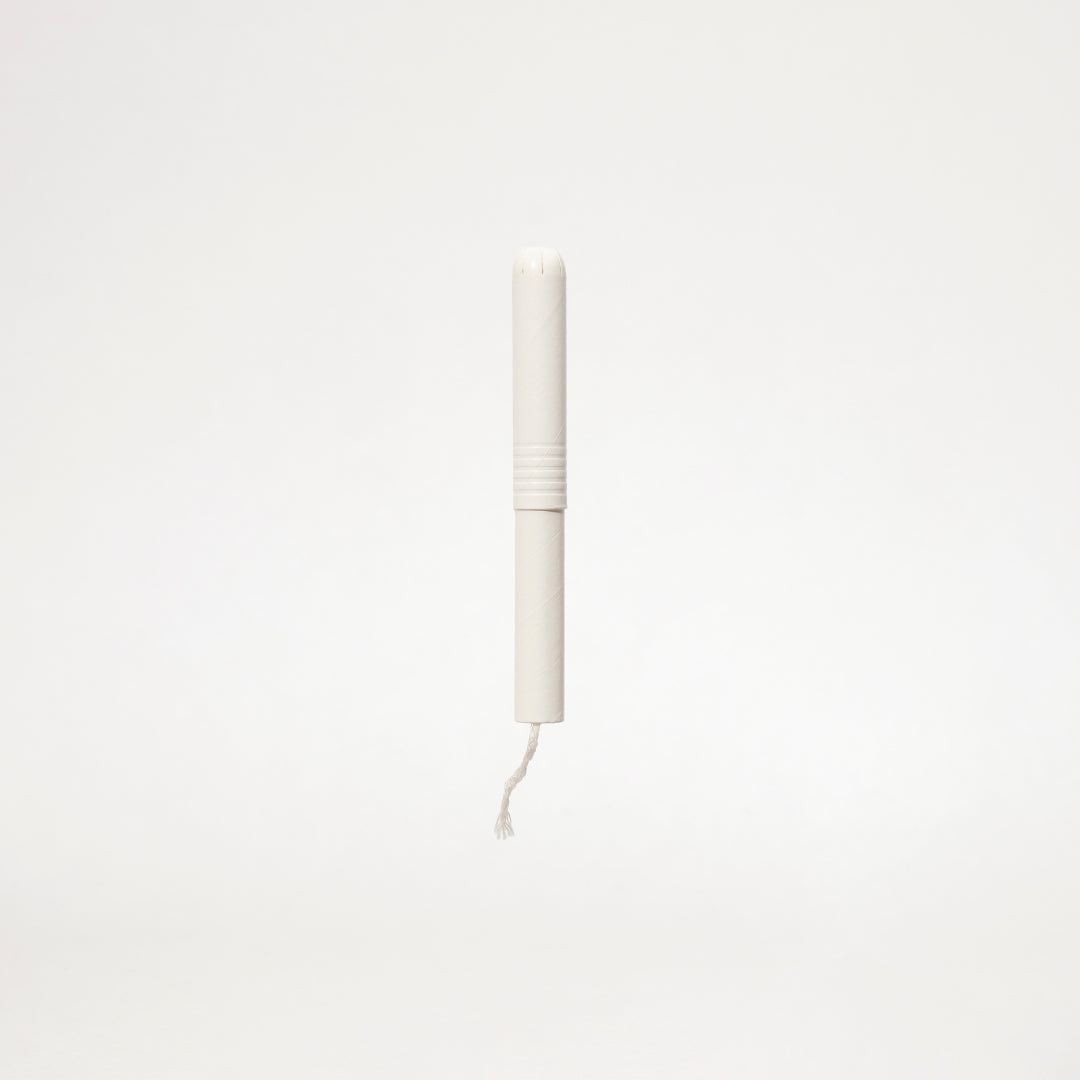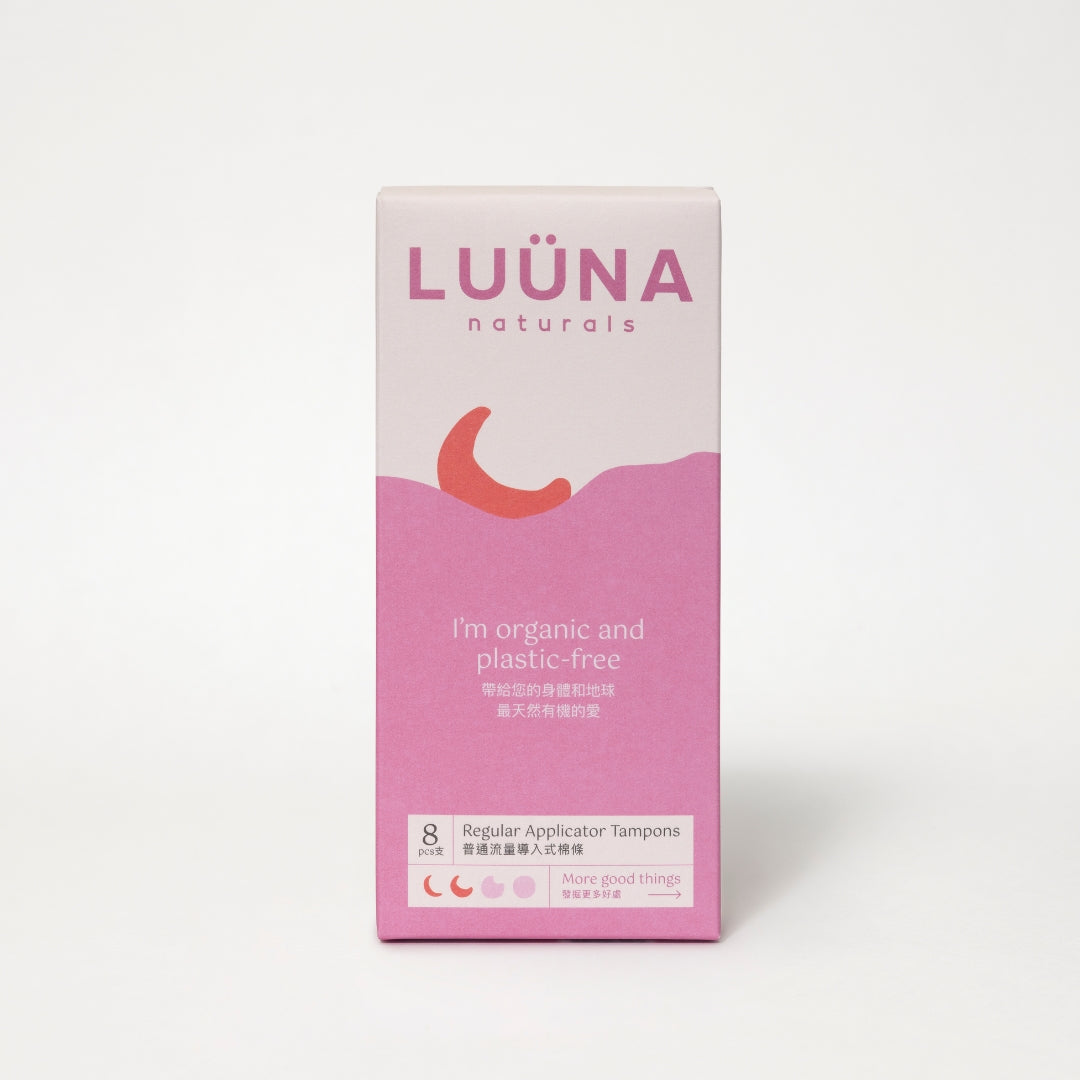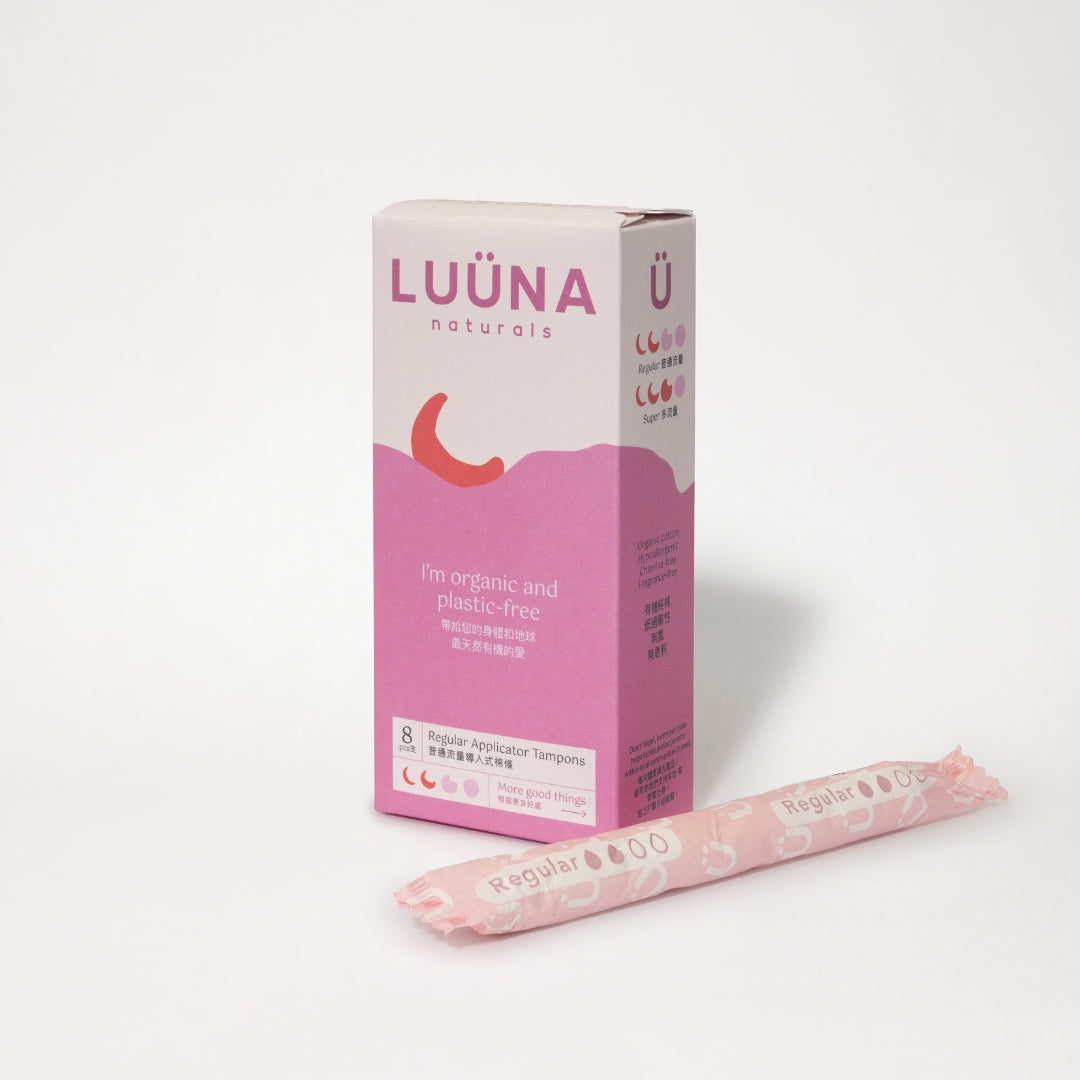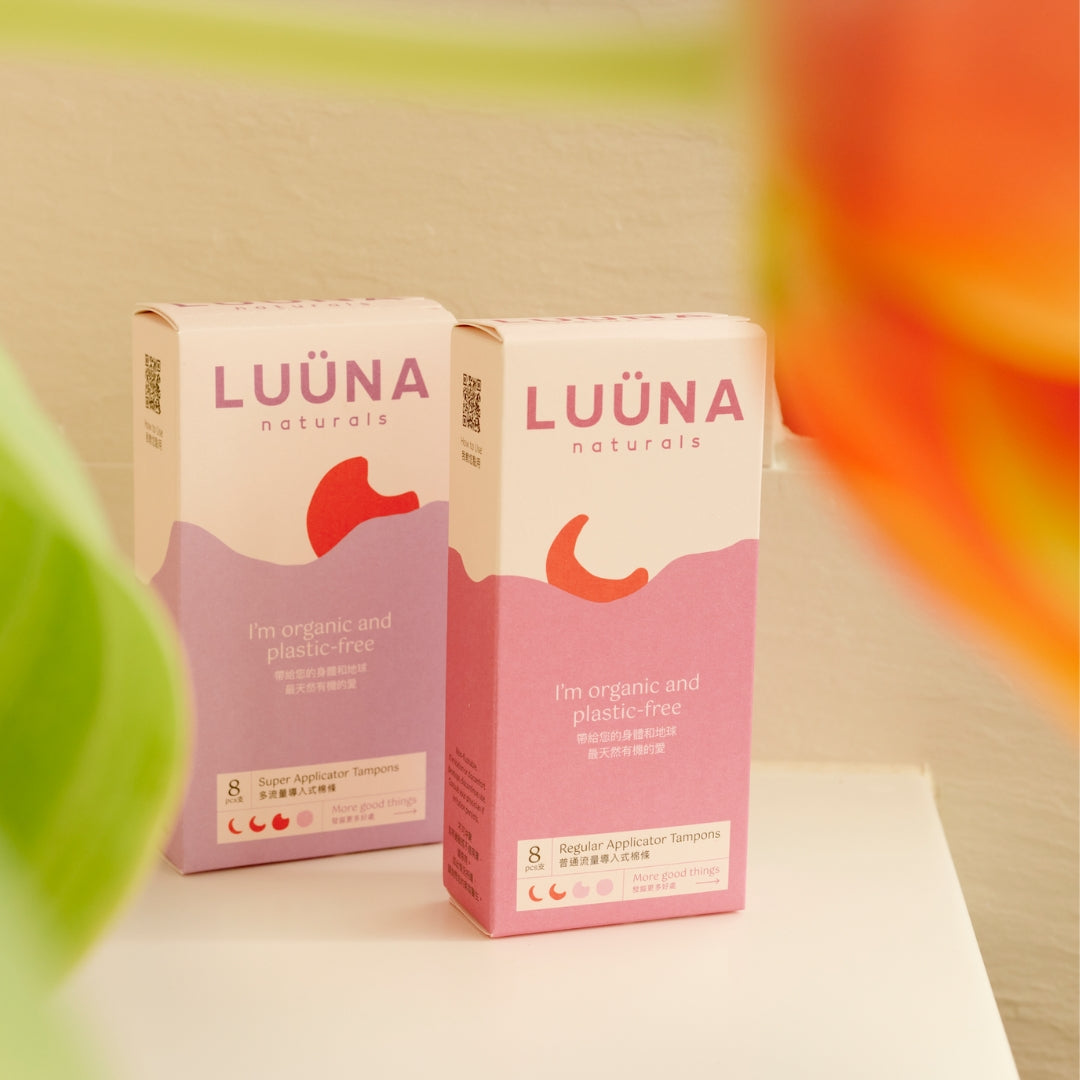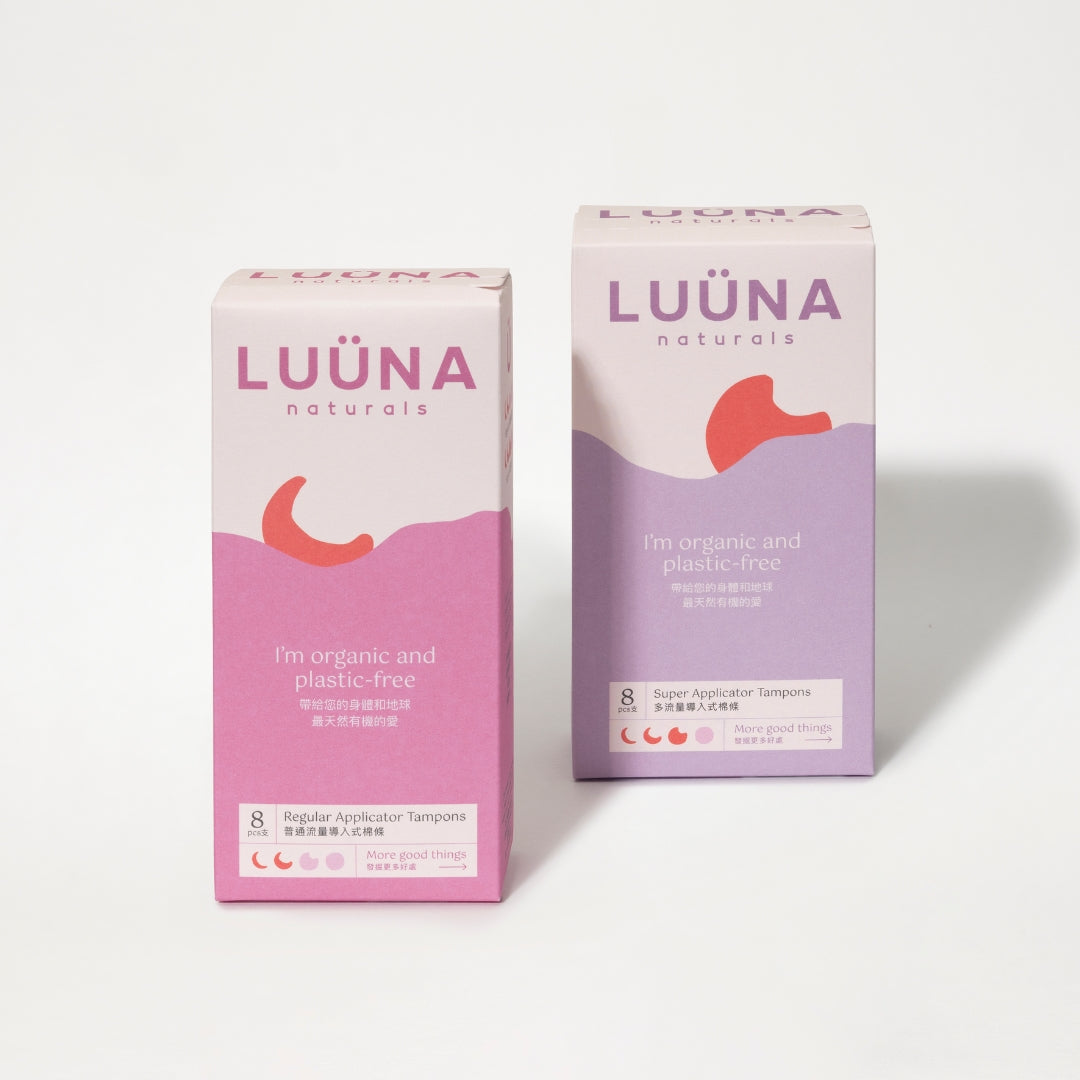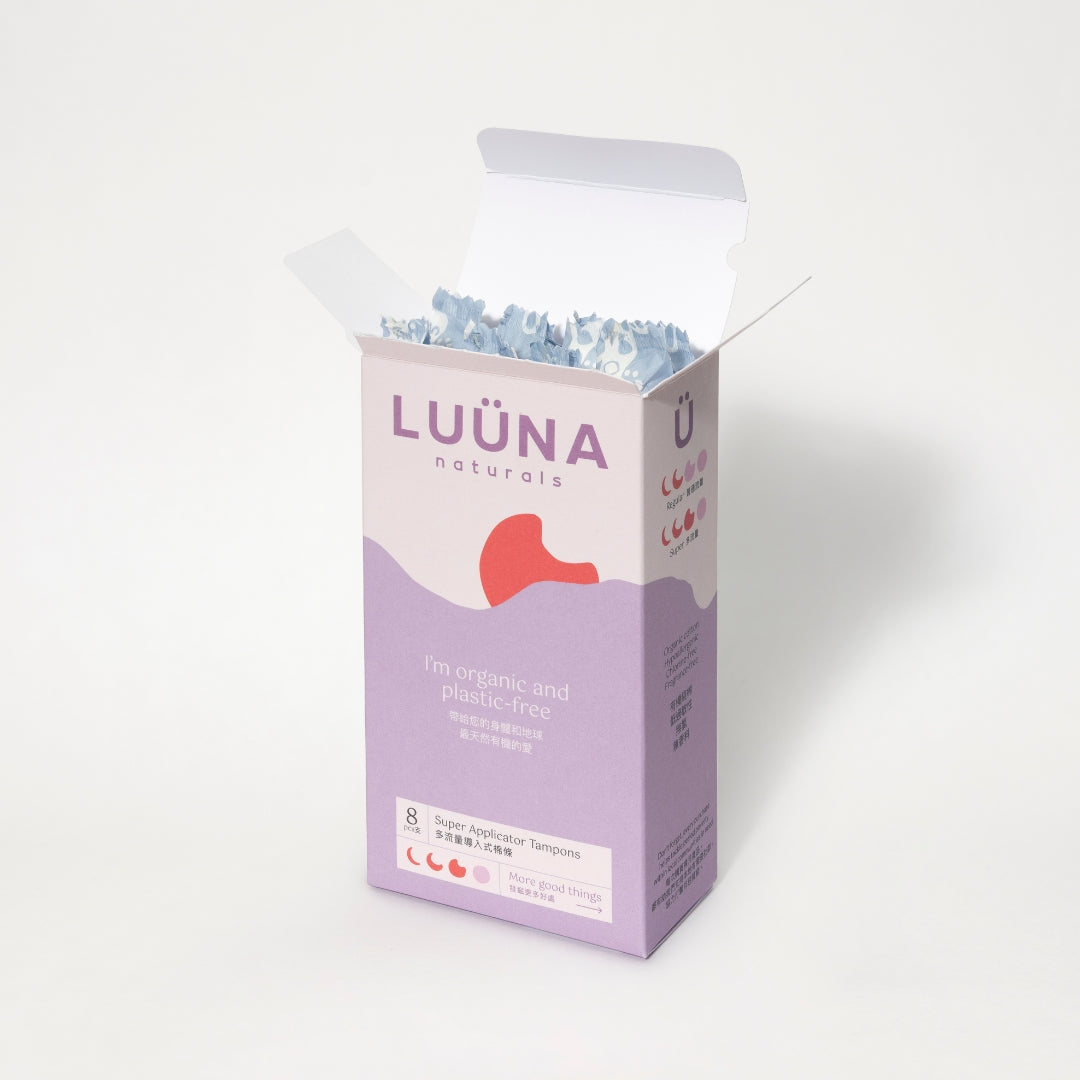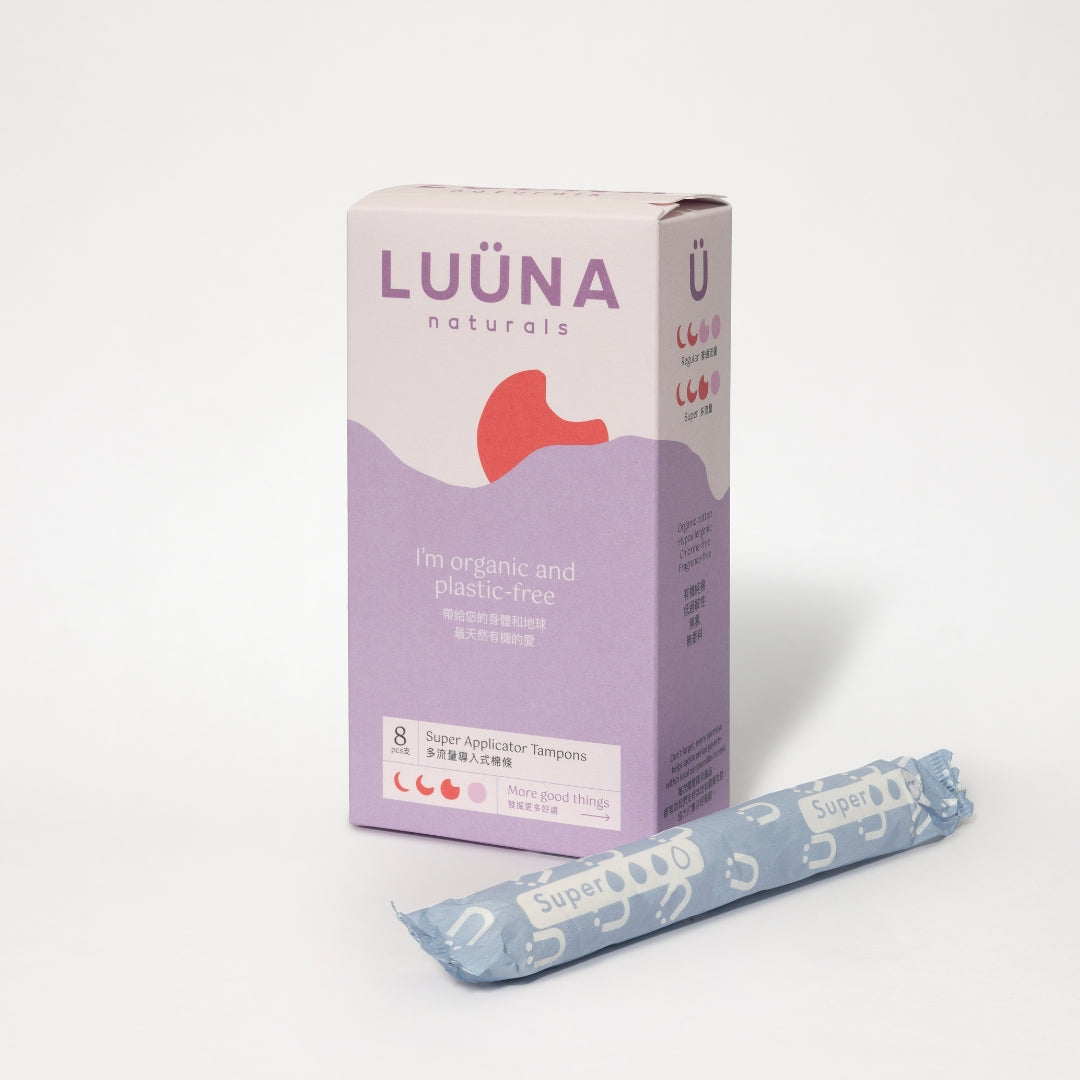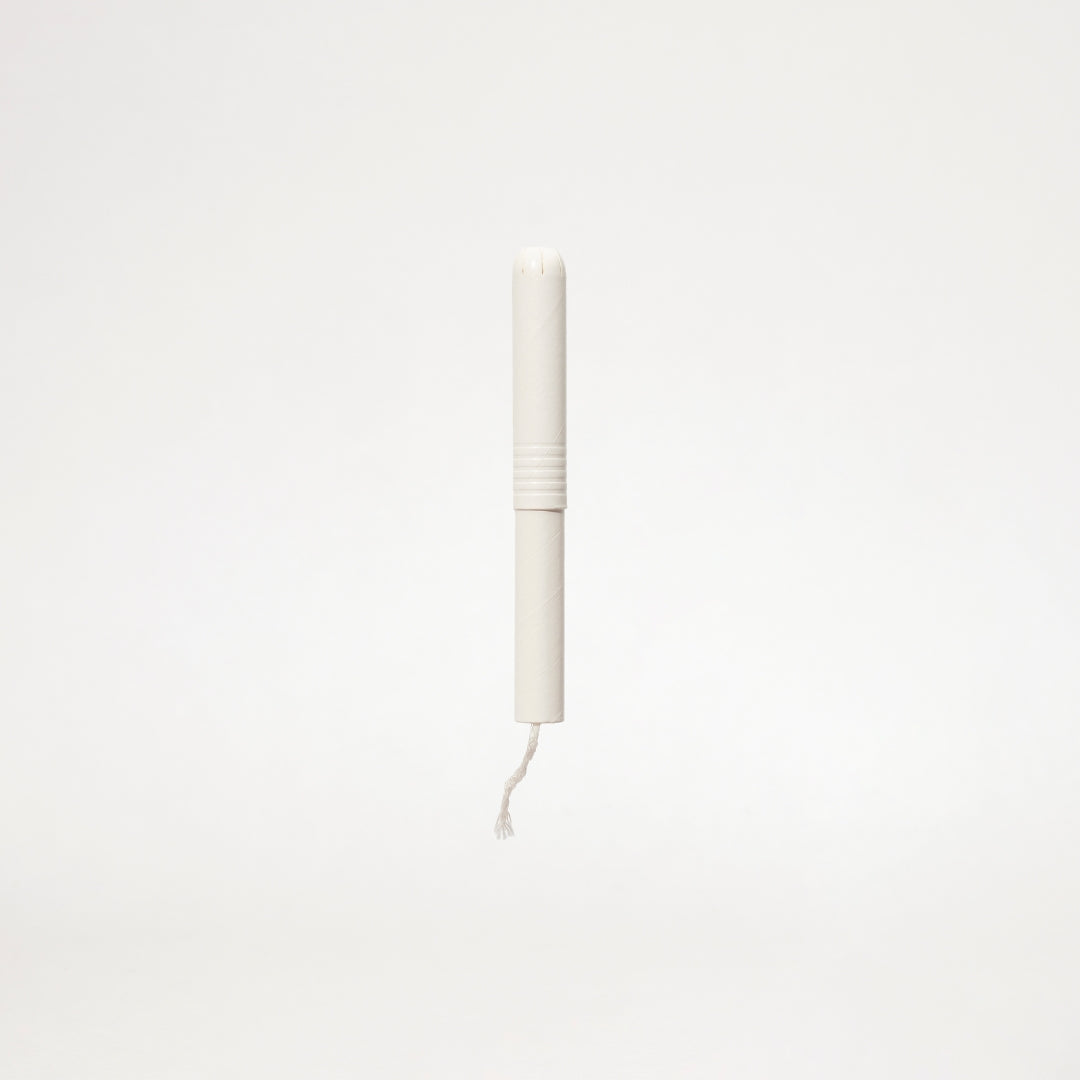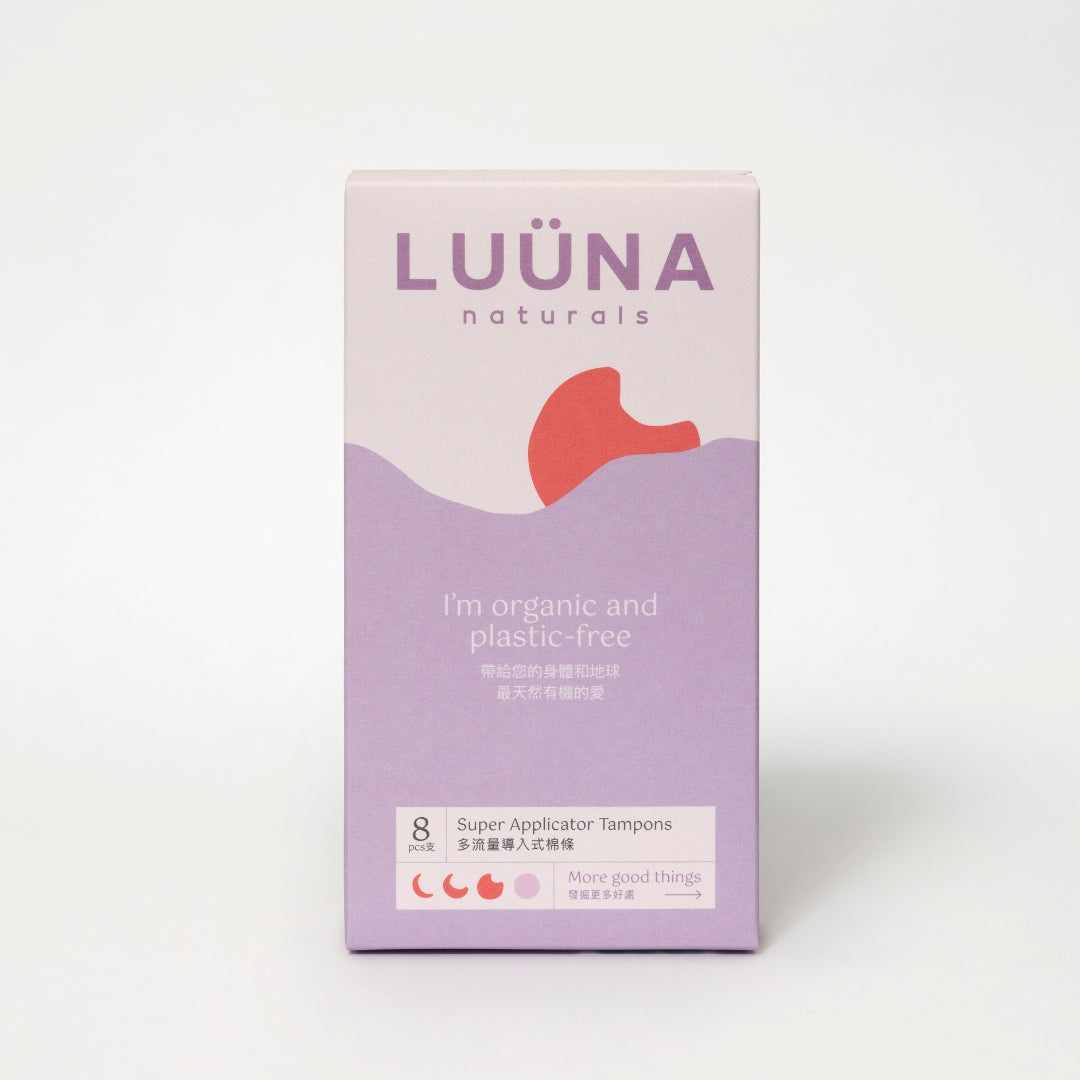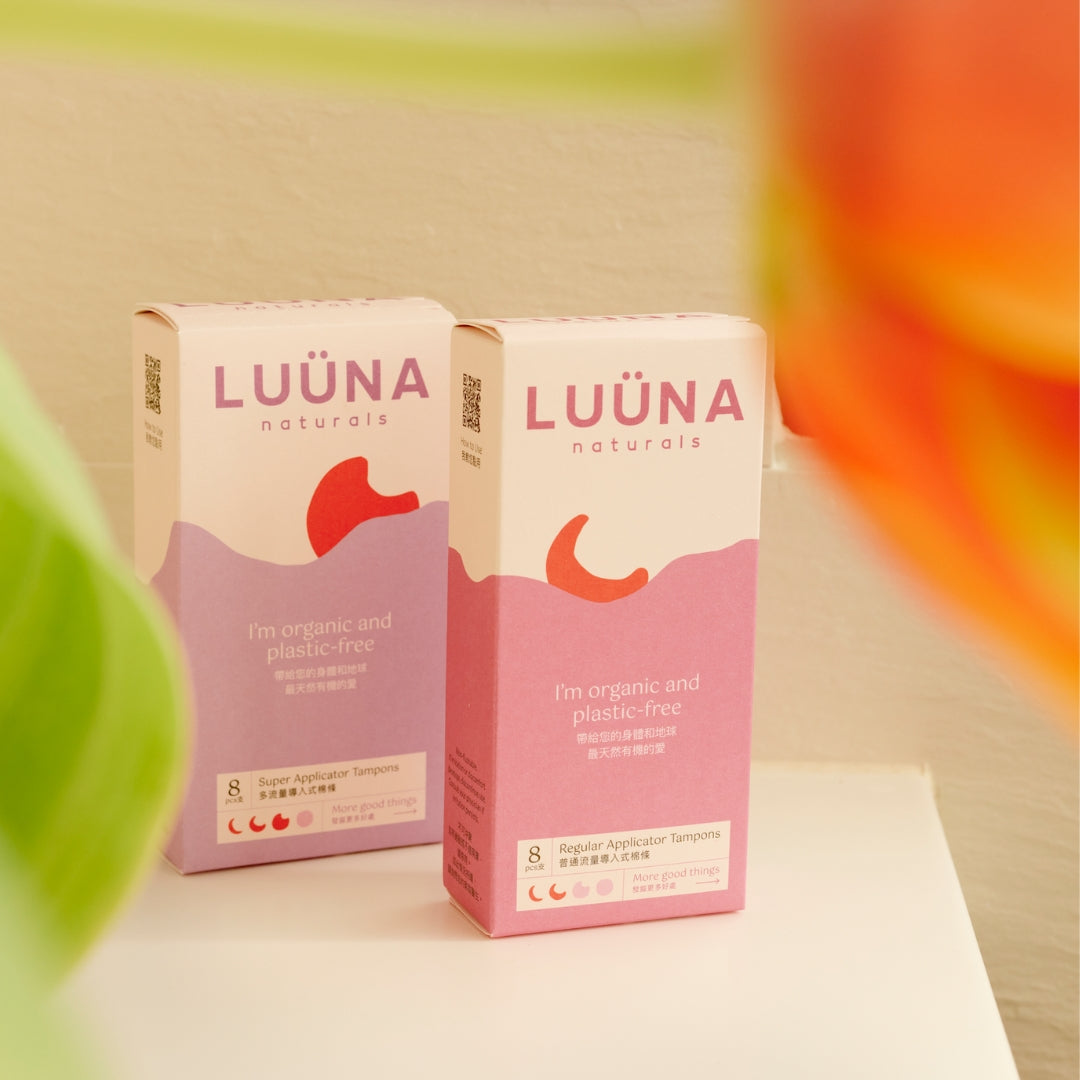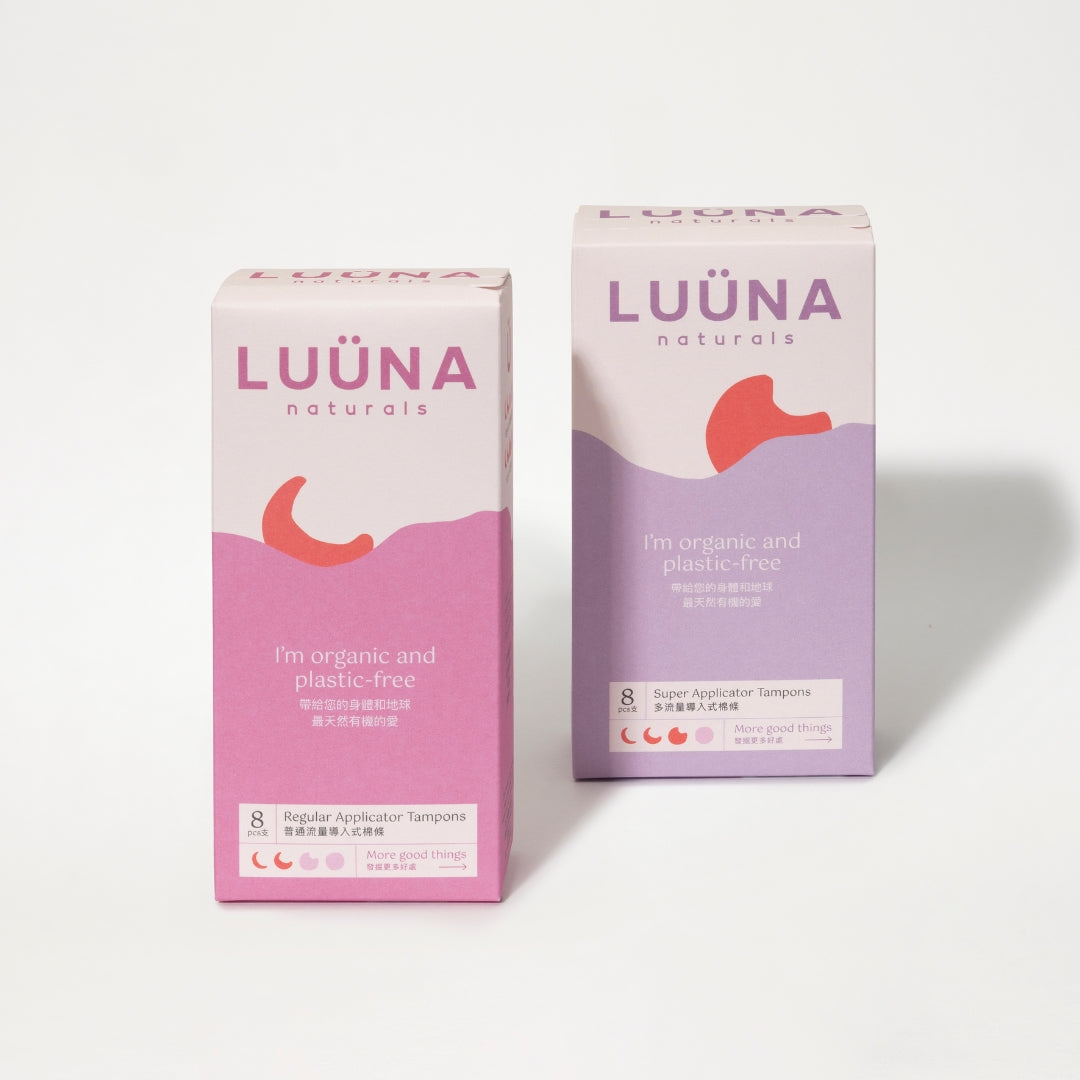#TalkForGood Vol.1: Exploring the Connection Between Climate Change and Menstrual Inequity 🌱 🩸
Did you ever consider the profound connection between climate change and menstrual inequity? 🌱 🩸 These two critical issues intersect in ways that deeply affect menstruating individuals and our planet. In this post, we'll delve into three key aspects of this intersection.
1) Addressing the Impact of Inadequate Menstrual Health Support During Climate Disasters
The consequences of climate change disproportionately affect women and girls, particularly those in poorer and rural areas. One often-overlooked aspect is the insufficient support for menstrual health during climate disasters.
The World Bank estimates that over 500 million women and girls worldwide lack access to menstrual supplies and suitable facilities for menstrual hygiene management. This number is expected to rise as the climate crisis intensifies. Björn Andersson, UNFPA Regional Director for Asia and the Pacific, emphasizes the urgency of destigmatizing menstrual health and hygiene, especially in disaster-prone regions:
"Menstruation is too often treated as a taboo topic and this stigma is pronounced in emergencies, where the challenges of managing menstruation are amplified. Asia and the Pacific is especially vulnerable to climate change, with droughts, floods and extreme storms that will continue to devastate critical infrastructure. In disaster responses across the region, menstrual health is under-resourced, with dire consequences for the health of women and girls."
✅ Proposed Solution: Prioritizing menstrual health management as part of disaster relief packages acknowledges and supports the specific needs of women, girls, and menstruating individuals during times of crisis.
2) The Pivotal Role of Women in Combating Climate Change
Gender inequality often sidelines women from decision-making processes within families, communities, and politics. However, the UNDP asserts that "Involving women in decision-making can drive the adoption of climate change policies and bolster mitigation and adaptation efforts."
When women lack adequate menstrual health support or face menstrual stigma, they are hindered from fully engaging in society. This limitation also extends to their ability to make essential contributions to climate change mitigation efforts within their communities.
✅ Proposed Solution: Implementing ongoing menstrual health management programs within climate-affected communities empowers women to participate fully in society, make decisions, and lead adaptation efforts that benefit both individuals and the planet.
3) Confronting Menstrual Stigma and the Environmental Impact of Period Products
Conventional menstrual products, like disposable pads and tampons, leave a substantial environmental footprint, contributing to landfill waste and ocean pollution, as they are often non-biodegradable. Shockingly, a single disposable menstrual pad can take up to 500 years to decompose.
Menstrual stigma often leads to limited education and awareness about menstruation. This lack of knowledge can drive the preference for disposable plastic products, as individuals may not be aware of more sustainable alternatives like menstrual cups or cloth pads. Stigma hinders open conversations about menstrual options, making it challenging for people to make informed and environmentally conscious choices.
✅ Proposed Solution: Comprehensive menstrual education programs challenging stigma empower individuals to make informed choices about their menstrual products. By promoting open conversations about periods and sustainable alternatives, individuals can better understand the environmental impact of their choices.
In Conclusion:
The intersection of climate change and menstrual inequity presents an urgent call to action. As we navigate the challenges of a changing world, addressing these issues in tandem becomes not just an option but a necessity. By prioritizing menstrual health support during disasters, empowering women to lead in climate change efforts, and challenging menstrual stigma while promoting sustainable choices, we can make a profound impact on both gender equity and our planet's well-being.
Join Us in Making a Difference!
Ready to be part of the change? Click here to learn more about how your organization can play a pivotal role in advancing menstrual equity and environmental sustainability.
Let's create a world where everyone, regardless of gender, has the support and resources they need to thrive in harmony with our planet. Together, we can build a brighter, more equitable, and sustainable future for all.
References:
For further information, explore the articles we've referenced below and connect with us to discover how your organization can be a catalyst for change:

